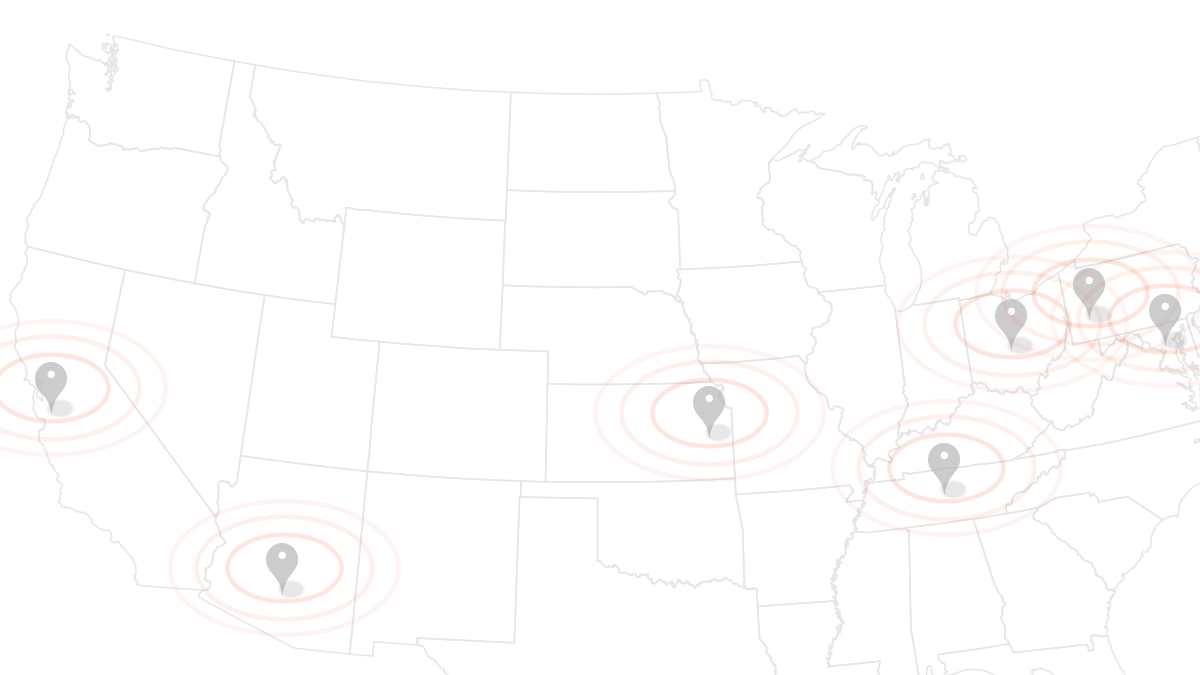Uighurs and Facial Recognition Technology.pdf
|
ABSTRACT How do Chinese facial surveillance companies use ethnic clashes in the province of Xinjiang to increase their economic gains? This dissertation seeks to investigate the impact of the development of automated facial recognition technology (AFRT) on the Uighur minority. The main argument pursued by this paper is that local companies exploit already existing ethnic divisions in the province of Xinjiang to make a profit. Throughout existing literature, the development of this technology has been associated with the growth of the terrorist threat in the region. Using facial recognition technology to identify the Uyghurs in public checkpoints and sending them to re-education camps would re establish stability in the region according to the Chinese Communist Party. |
However, Uighurs are subjected to human rights abuses such as torture, rape, starvation as well as being denied their right to freedom of speech and movement within the camps. Over time, this phenomenon could lead to a genocide of the Uighur minority through ethnic cleansing of the region.
By looking at the way AFRT companies develop, use, and market this technology, this paper aims to demonstrate how by targeting members of the Uighur minority, these companies are able to perfect their technology through what is effectively a human test trial. Having the most accurate technology could place them as leaders of the surveillance market. As they try to compete with other western companies in a capitalist economy, these companies have found a way to put a price on Uighur lives.
BIO
 Camille Catania is a final year Politics and International relations with Spanish from the University of Kent. Throughout her degree, she has developed a passion for the field of security studies. She is particularly interested in studying the social aspect of security by looking at the impact of technology on international security as well as the role played by digital infrastructures in social relations on the European and International level.
Camille Catania is a final year Politics and International relations with Spanish from the University of Kent. Throughout her degree, she has developed a passion for the field of security studies. She is particularly interested in studying the social aspect of security by looking at the impact of technology on international security as well as the role played by digital infrastructures in social relations on the European and International level.
Her interdisciplinary academic background has further developed her knowledge in conflict mediation and resolutions on different levels. During her undergraduate degree, she explored the existing challenges related to the resolution of terrorist threats on the international scene and the dilemma implemented by the novelty of cyberspace and technologies. Her interest for both of these aspects of security studies has led her to specifically research the economic impact of automated facial recognition on the Uighur minority in Xinjiang, as part of her undergraduate dissertation.

